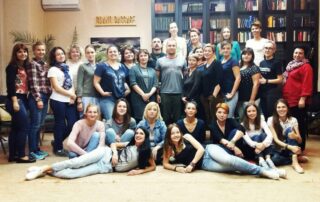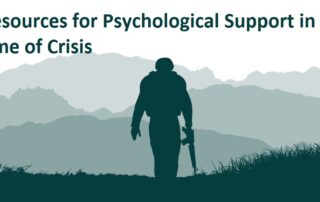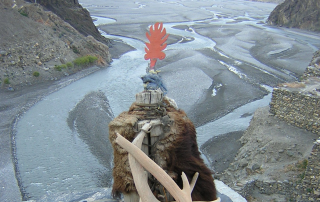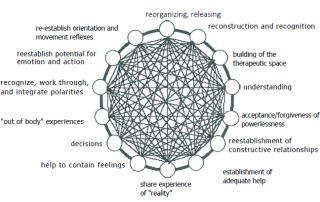Reclaiming Wholeness: Ukrainian Veterans and the Somatic Revolution of Healing
Reclaiming Wholeness: Ukrainian Veterans and the Somatic Revolution of Healing By Hadi Bahlawan-Marcher, Kristina Vasiljevaite Marcher & Dominic Mathias Ukraine: When the Model Met the Moment In 2015, in response to a rising mental health crisis among Ukrainian veterans, Bodynamic partnered with Pobratymy and local leaders. Under the guidance of Ditte Marcher (a global expert in veteran trauma), four full training cohorts launched.This wasn’t therapy. It was co-education, a horizontal exchange and an invitation to [...]







